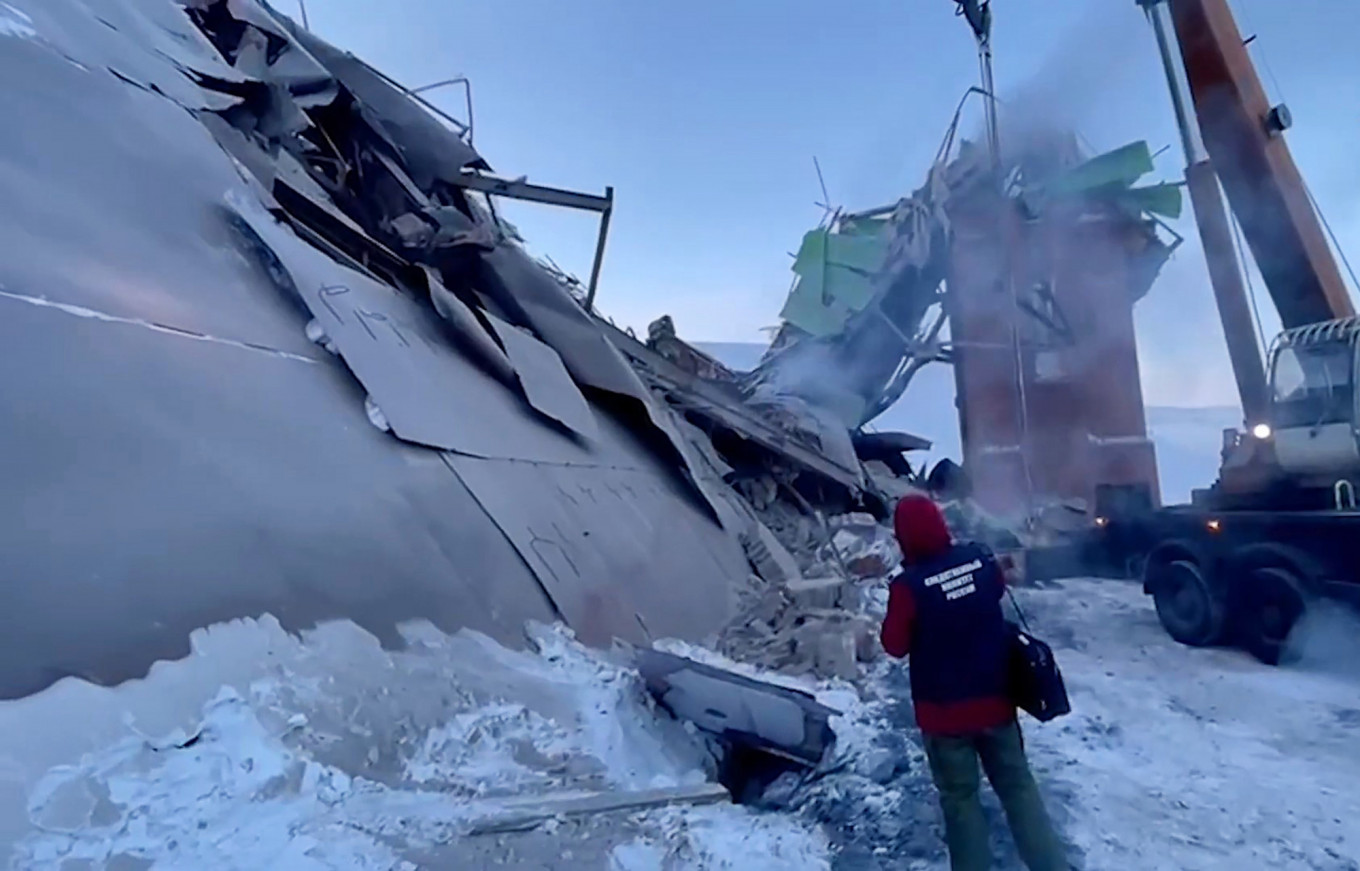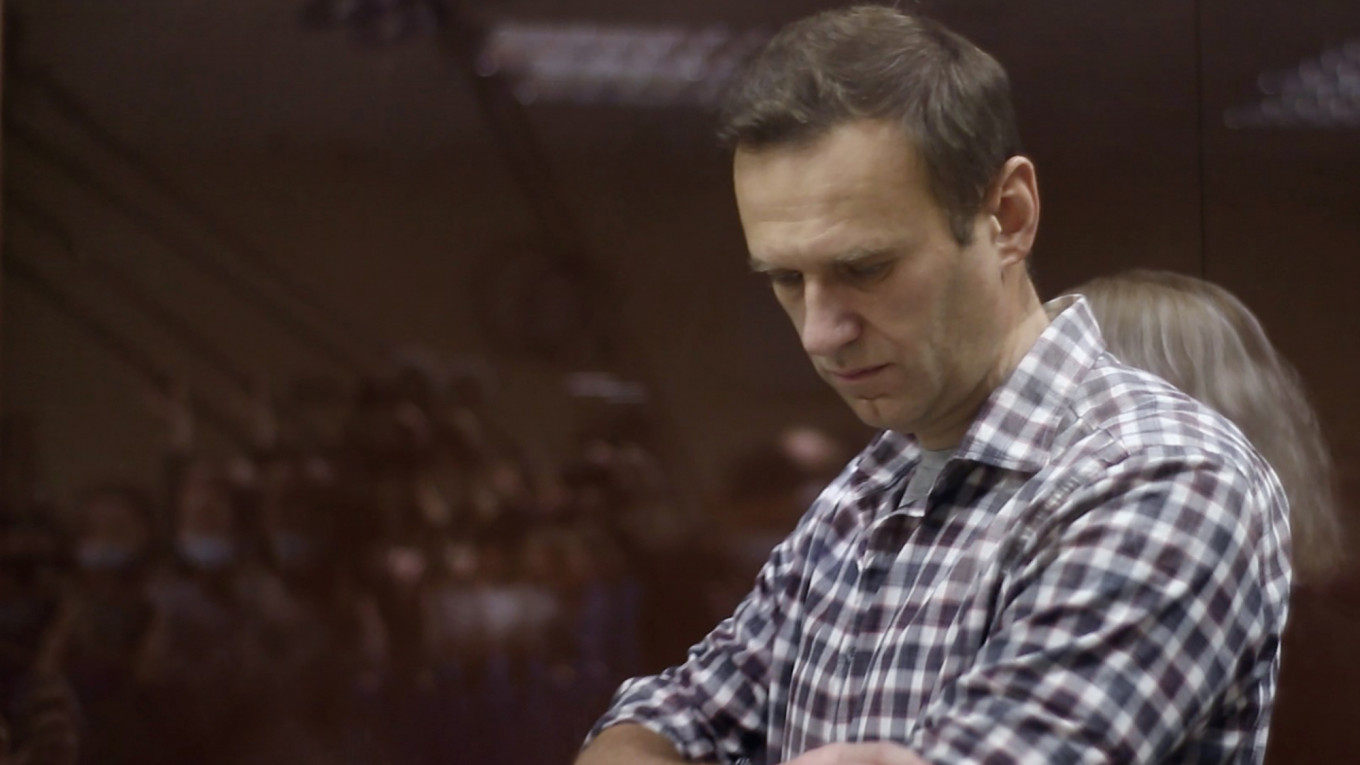Navalny’s appeal rejected
A Moscow court rejected jailed Kremlin critic Alexei Navalny’s appeal, upholding his sentencing to more than two years in prison. The opposition leader was also convicted on defamation charges and fined 850,000 rubles ($11,500) for calling a World War II veteran a "traitor" for appearing in a pro-Kremlin video.
Last week, the European Court of Human Rights ruled that Navalny must be immediately released from prison, a decision that the Kremlin swiftly rejected.
Navalny was detained in January on his return to Russia from Germany where he had been recovering from a near-fatal August poisoning he blames on the Kremlin.
The EU is considering imposing sanctions to apply pressure on the Kremlin’s ruling elite for Navalny’s jailing and subsequent crackdown on nationwide protests.
Avian Flu Detected in Humans
Russia said it has notified the World Health Organization of the first case of transmission of H5N8 bird flu to humans in a poultry farm in the southern part of the country.
Officials said the seven workers from the farm were infected but now are feeling better and have not suffered serious health consequences.
The highly contagious strain of H5N8 is lethal for birds and has never before been reported to have spread to humans.
"The discovery of these mutations when the virus has not still acquired an ability to transmit from human to human gives us all, the entire world, time to prepare for possible mutations and react in an adequate and timely fashion," said the head of Russia's health watchdog Rospotrebnadzor, Anna Popova.
New Vaccine
Russia approved its third vaccine against the coronavirus for domestic use, and said it has plans to introduce the jab by March.
"Today Russia is the only country in which there are already three vaccines for the prevention of Covid infection," Prime Minister Mikhail Mishustin said in a televised address on Saturday.
The first 120,000 doses of CoviVac will be distributed in Russia by mid-March, he added.
The CoviVac vaccine was developed by the state-run Chumakov Centre based in Moscow, and uses an inactive virus, unlike its two predecessors. The vaccine is due to complete a final stage clinical trial with 3,000 participants in March with recommendations for patients younger than 60.
Russia was the first country in the world to register a vaccine against the coronavirus in August, amid skepticism at home and abroad. Since then, the effectiveness of the vaccine has been confirmed by the Lancet medical journal and more than two dozen countries have authorised the Sputnik V vaccine for use. The second vaccine, EpiVacCorona, was registered in October.

Norilsk accident
Three Norilsk Nickel workers died and three more were injured after a processing plant partially collapsed during maintenance on Saturday.
The mining giant blamed “crude violation” of safety rules for the accident at the ore-reloading facility in Arctic Siberia.
The head of the plant has been suspended and the regional branch of Russia’s Investigative Committee has launched a criminal probe.
The company has promised to invest and tighten safety rules.
"Serious attention is being paid to these issues at Norilsk Nickel," Chief Executive Vladimir Potanin said on Saturday.
"But apparently these efforts are not enough," he added.
AFP contributed reporting.
A Message from The Moscow Times:
Dear readers,
We are facing unprecedented challenges. Russia's Prosecutor General's Office has designated The Moscow Times as an "undesirable" organization, criminalizing our work and putting our staff at risk of prosecution. This follows our earlier unjust labeling as a "foreign agent."
These actions are direct attempts to silence independent journalism in Russia. The authorities claim our work "discredits the decisions of the Russian leadership." We see things differently: we strive to provide accurate, unbiased reporting on Russia.
We, the journalists of The Moscow Times, refuse to be silenced. But to continue our work, we need your help.
Your support, no matter how small, makes a world of difference. If you can, please support us monthly starting from just $2. It's quick to set up, and every contribution makes a significant impact.
By supporting The Moscow Times, you're defending open, independent journalism in the face of repression. Thank you for standing with us.
Remind me later.






